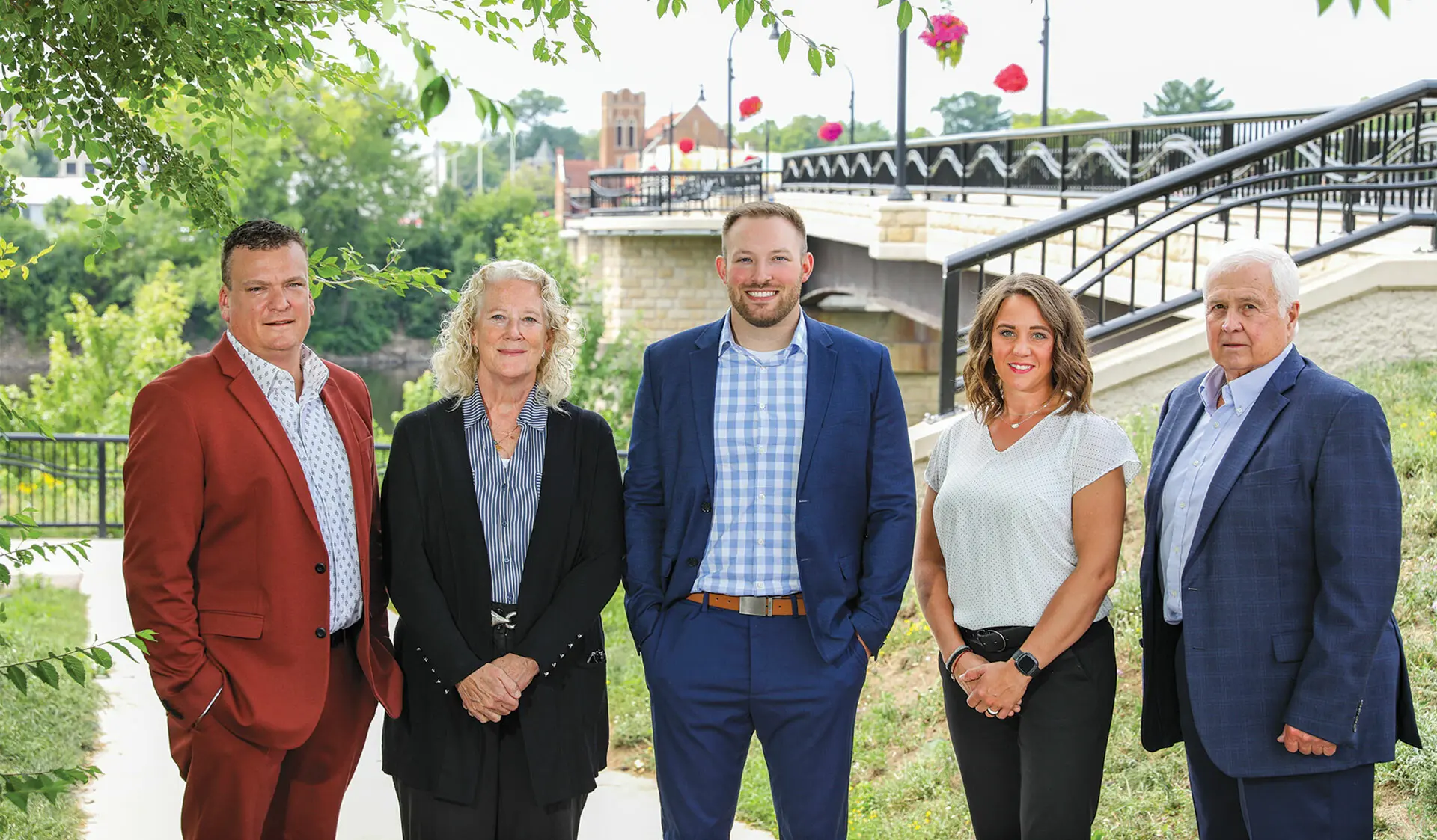As we step into 2025, the legal landscape is undergoing a profound transformation, driven by the innovative approaches of local law firms. These firms are not only adapting to the changing needs of clients but are also pioneering new methods of delivering legal services. In this article, we will explore how local law firms are changing legal services in 2025 by embracing technology, enhancing client relationships, and redefining accessibility to legal assistance.
The Rise of Technology in Legal Services
In 2025, technology has become an indispensable tool for local law firms. Automation and artificial intelligence (AI) are streamlining processes that were once time-consuming and labor-intensive. From document review to legal research, local law firms are leveraging AI to enhance efficiency. For instance, predictive analytics helps lawyers anticipate case outcomes, enabling them to offer better advice to clients.
Moreover, local law firms are utilizing cloud-based solutions to provide secure access to documents and case files. Clients can now engage with their legal representatives from anywhere, making legal services more accessible than ever. This shift towards a tech-savvy legal environment is not just about improving efficiency; it's about creating a more client-centric approach that meets the needs of a modern clientele.
Enhanced Client Relationships
In 2025, local law firms are placing a strong emphasis on building and nurturing client relationships. The traditional model of legal representation, which often felt impersonal and detached, is being replaced by a more approachable and empathetic understanding of client needs. Local firms are investing in client relationship management (CRM) systems that allow them to track interactions, preferences, and feedback from clients.
This personalized approach means that lawyers can tailor their services to fit individual client requirements. Whether it’s through regular check-ins, personalized updates on case progress, or simply being available for consultations, local law firms are redefining the client experience. This heightened focus on relationship-building not only fosters trust but also encourages client loyalty, leading to increased referrals and repeat business.
Redefining Accessibility to Legal Assistance
Accessibility is a critical issue in the legal industry, and local law firms are stepping up to make legal services more available to a broader audience. In 2025, many firms are adopting flexible pricing structures, including flat fees and subscription models, which allow clients to better understand and manage their legal expenses. This transparency in pricing is vital for clients who may have previously been deterred by the unpredictable costs associated with legal services.
Additionally, local law firms are expanding their reach through virtual consultations and online platforms. This not only caters to clients in remote areas but also accommodates those with busy schedules. By offering legal services online, local firms are breaking down geographical barriers and ensuring that everyone has access to legal assistance, regardless of their location.
Embracing Diversity and Inclusion
Another significant trend in 2025 is the commitment of local law firms to diversity and inclusion. Recognizing that a diverse team brings varied perspectives and insights, firms are actively working to create a more inclusive workplace. This commitment extends not only to hiring practices but also to the way they engage with clients and the communities they serve.
By prioritizing diversity, local law firms are better equipped to understand and address the unique challenges faced by different demographic groups. This not only enhances the quality of legal services provided but also builds a sense of community and trust. Clients are more likely to feel represented and understood when they know their legal team reflects the diversity of the society they live in.
The Impact of Remote Work Culture
The COVID-19 pandemic has permanently altered the work culture in many industries, and the legal field is no exception. By 2025, local law firms have adopted a hybrid work model that allows for both in-office and remote work. This flexibility not only improves employee satisfaction but also enables firms to attract top talent from across the country.
Remote work has also led to the development of innovative collaboration tools that enhance communication among legal teams. As a result, local law firms can manage cases more effectively, regardless of where their team members are located. This adaptability is essential for meeting the evolving needs of clients and providing timely legal advice.
Conclusion
As we look toward the future, it is clear that local law firms are at the forefront of changing legal services in 2025. Through the adoption of technology, enhanced client relationships, increased accessibility, a commitment to diversity, and a flexible work culture, these firms are setting new standards in the legal industry. Clients can expect a more personalized, efficient, and inclusive experience, making legal assistance more attainable for everyone. As these trends continue to evolve, local law firms will play a crucial role in shaping the future of legal services.









